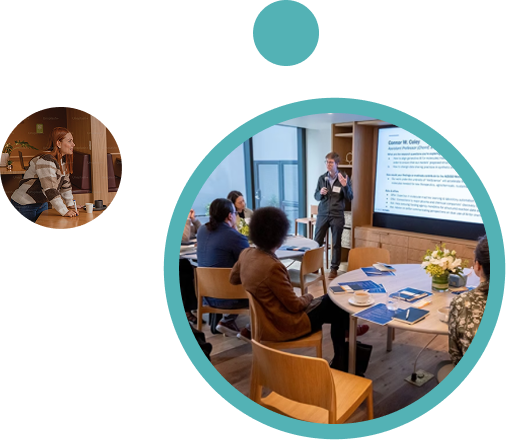David Autor
David Autor is the Daniel (1972) and Gail Rubinfeld Professor in the MIT Department of Economics, codirector of the NBER Labor Studies Program and the MIT Shaping the Future of Work Initiative.
Autor has received numerous awards for both his scholarship—the National Science Foundation CAREER Award, an Alfred P. Sloan Foundation Fellowship, the Sherwin Rosen Prize for outstanding contributions to the field of Labor Economics, the Andrew Carnegie Fellowship in 2019, the Society for Progress Medal in 2021—and for his teaching, including the MIT MacVicar Faculty Fellowship. In 2020, Autor received the Heinz 25th Special Recognition Award from the Heinz Family Foundation for his work “transforming our understanding of how globalization and technological change are impacting jobs and earning prospects for American workers.” In 2023, Autor was selected as one of two researchers across all scientific fields a NOMIS Distinguished Scientist.
The Economist magazine labeled Autor in 2019 as “The academic voice of the American worker.” Later that same year, and with equal justification, he was christened “Twerpy MIT Economist” by John Oliver of Last Week Tonight in a segment on automation and employment.
AI2050 Project
The current practice of policymakers, philanthropists, and academics of urging technologists to produce “labor-augmenting technologies”’ is non-actionable because the term has no formal meaning in the existing automation-exposure that informs current thinking. But this term is crystallized by the expertise framework sketched here. This work will formalize a novel set of insights, rooted in the economics of human expertise, that will clarify how new tools interact with human capabilities in shaping employment and earnings. This work will be accessible and applicable to entrepreneurs, technologists, and policymakers seeking to anticipate and shape the co-evolution of machine capabilities and human expertise.
Daniel (1972) and Gail Rubinfeld Professor, Massachusetts Institute of Technology
Hard ProblemEconomics


